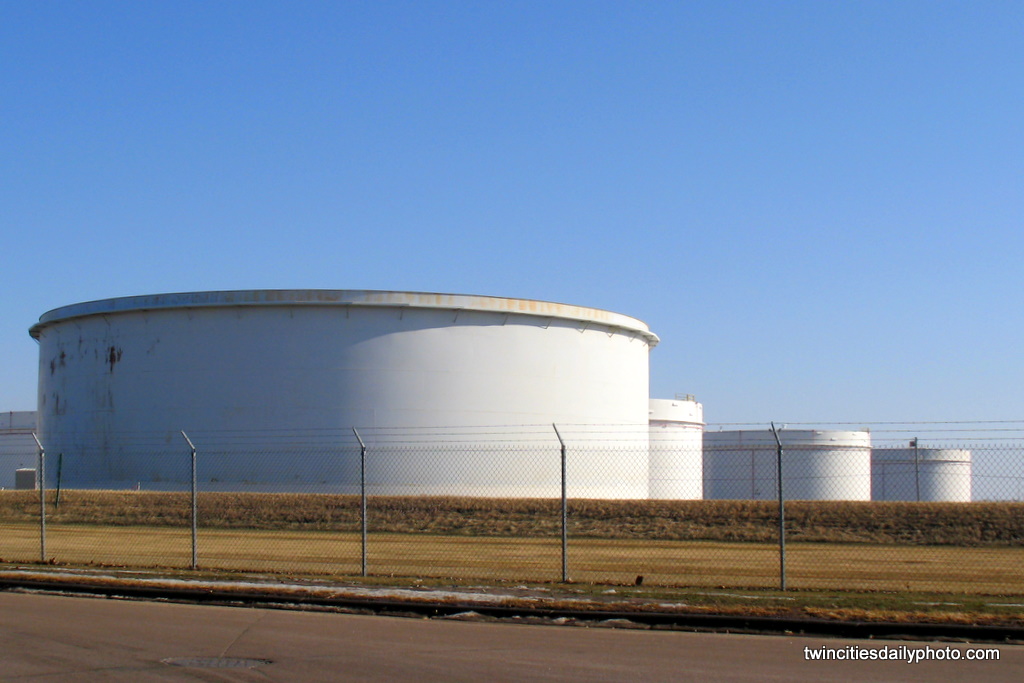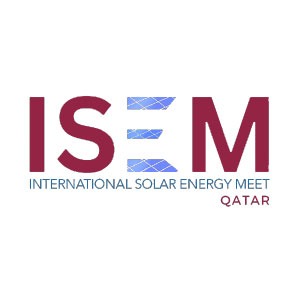- ASRY Awarded 2024 RoSPA Gold Medal in Health and Safety
- BP ponders shifting focus away from renewables, say sources
- QatarEnergy enters 10-year naphtha supply agreement with Japan’s ENEOS Corporation
- The International Energy Agency expects oil demand growth to slow in 2024
- The International Monetary Fund re-selects Kristalina Georgieva as its director
- Libya to target producing 1.4 million b/d by end 2024
- TotalEnergies launches the Marsa LNG project and deploys it multi-energy strategy in Oman
- H.E. Minister Al-Kaabi: Demand for oil and gas will continue for long; we have to be responsible, and Qatar is doing its part
- Egypt to stop exporting LNG starting from the beginning of May 2024
- QatarEnergy selects Nakilat to own and operate 25 conventional LNG vessels

Ambitious Plans in Oil and Gas Sector

Kuwait adopts obvious grounds and instructions in its oil policies both at the local or international level, seeking the optimum exploitation of the available hydrocarbon energy sources. In addition, Kuwait is following an oil policy promoting the Kuwaiti petroleum position, maintaining its international prestige and weight and its leading role in the OPEC, and preserving its oil interests in proportion to its aimed current production capacity and oil reserves.
Kuwait seeks to consolidate oil cooperation relations with the outside world, and developing these relations in a way to achieve its oil and economic interests, whether bilaterally or through the active participation in regional and international petroleum organizations such as the Cooperation Council for Gulf Arab states through the permanent ministerial committee for petroleum cooperation and its sub-committees, the Organization of Arab Petroleum Exporting Countries (OAPEC) and its sub-Arab companies and the Organization of Petroleum Exporting Countries (OPEC). Kuwait plays a prominent role in the workings of ministerial OPEC conferences and its various committees. Kuwait is also participating actively in the meetings of the United Nations committees concerned with energy, environment and the meetings of the World Trade Organization.
Kuwait is setting out new priorities for upstream oil and gas development which could create new chances for international oil companies. The country’s new Strategy 2030 upstream plan still envisages an increase in oil production from 3.1 million b/d to 4 million b/d by 2020, but also calls for that capacity to be maintained out to 2030.










